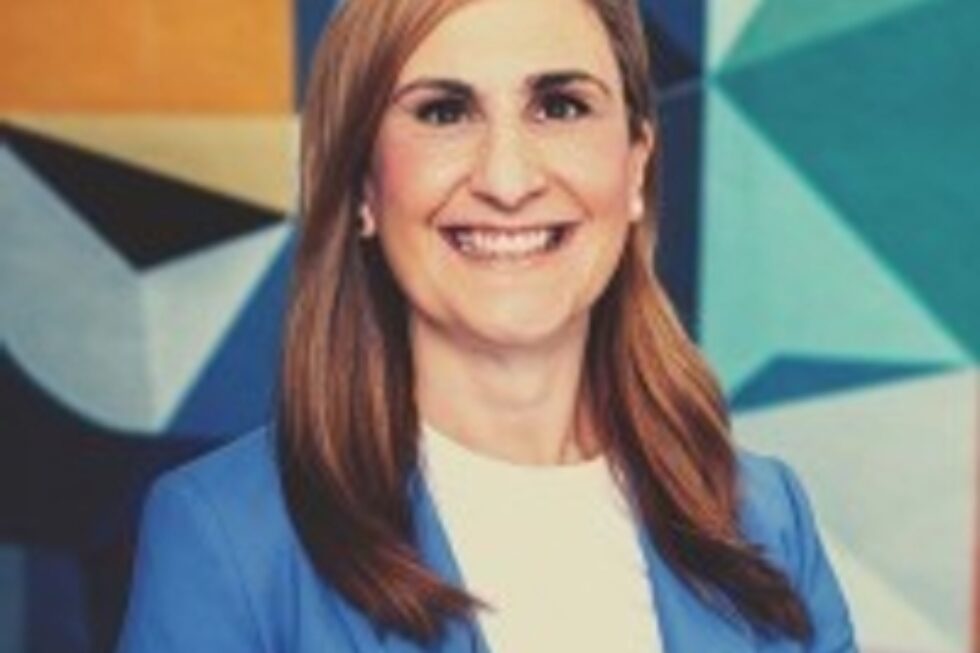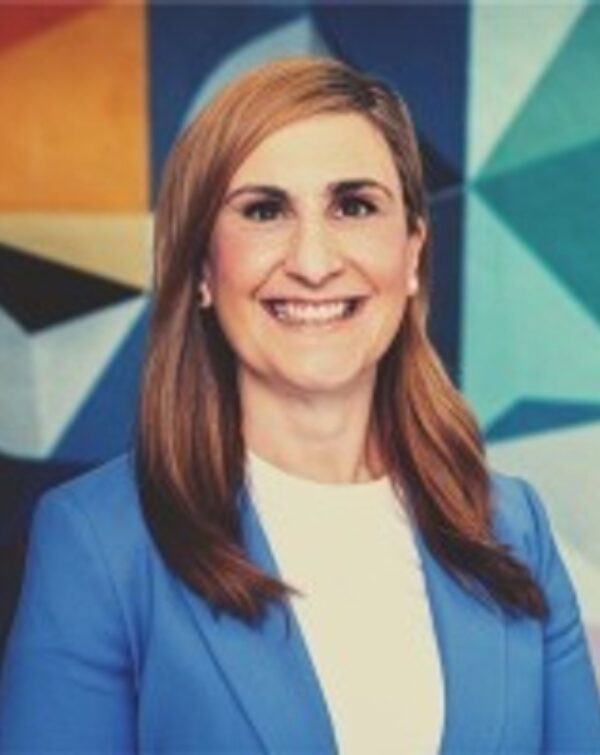The work of two Singapore-based researchers on the effects of ethical culture and ethical leadership on innovation as reported in the public sector has been published in the September 2020 Issue of the Australian Journal of Public Administration.
Examining the relationship between public sector ethics and public sector innovation is important because society has long expected employees and managers in public organisations to behave ethically, but increasingly also expects innovative and entrepreneurial behaviour. However, researchers have previously commented that these two behavioural expectations and the values they require may not necessarily align, and even compete in many cases.
Given that much of the evidence is rather anecdotal, and arguably outdated, Associate Professors Dr Zeger Van der Wal and Dr Mehmet Akif Demircioglu from the Lee Kuan Yew School of Public Policy at The National University of Singapore, have empirically examined how ethical culture and ethical leadership are associated with realised innovation using 84,222 responses from the Australian Public Service Commission’s 2017 APS agency survey. This research has produced robust findings across agency, work location, job level, tenure, education, and gender and across different samples.
The researchers used a definition of ethical leadership described in 2005 by Brown, Treviño and Harrison as:
‘The demonstration of normatively appropriate conduct through the personal actions and interpersonal relationships, and promotion of such conduct among followers through two-way communication, reinforcement, and decision-making processes’.
The researchers believed that the Australian public sector would provide a suitable environment for studying the effects of leadership and culture on public sector innovation for a number of reasons.
Firstly, the Australian government has been among the most highly ranked globally in terms of innovation and effectiveness for years (see the 2017 work of the OECD and Pollitt & Bouckaert). Secondly, it was also an early adaptor of New Public Management, implementing private sector practices and ideas from the 1980s onwards. And thirdly, the country’s public sector has consistently ranked highly in the Corruption Perception Index run by Transparency International.
Continue reading the full article and access the research paper via the IPAA National website.
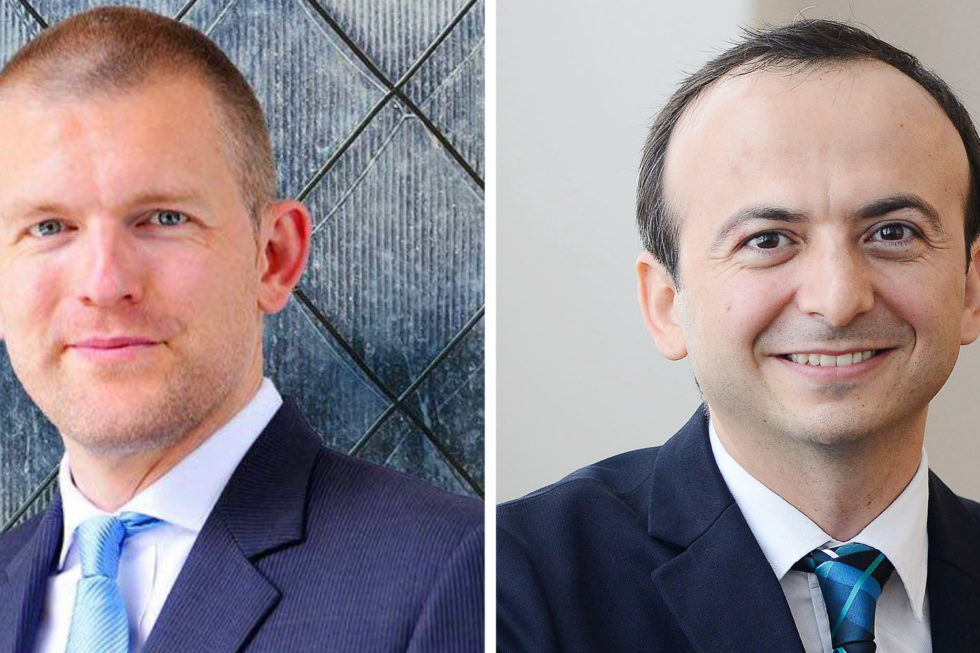
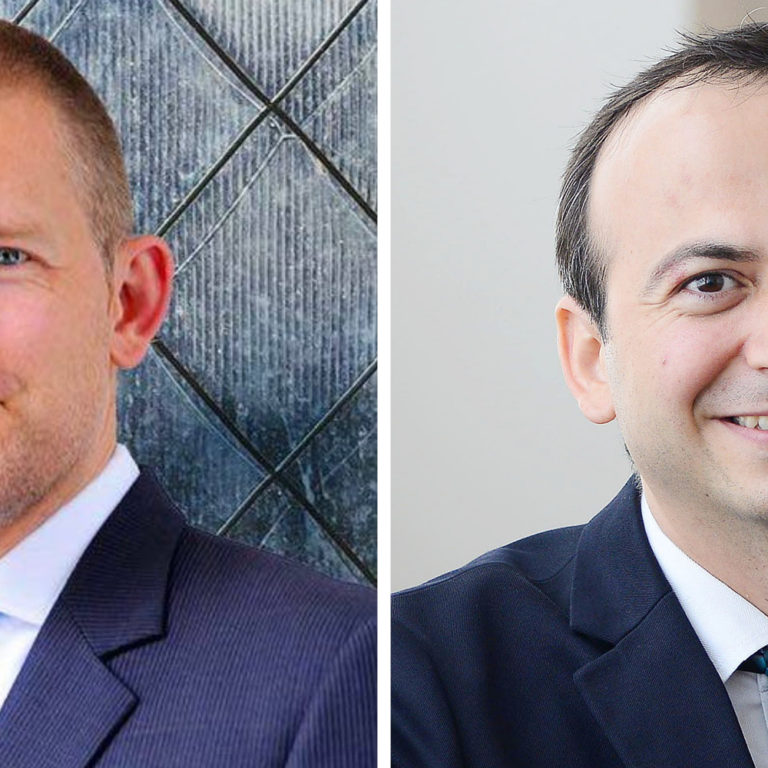
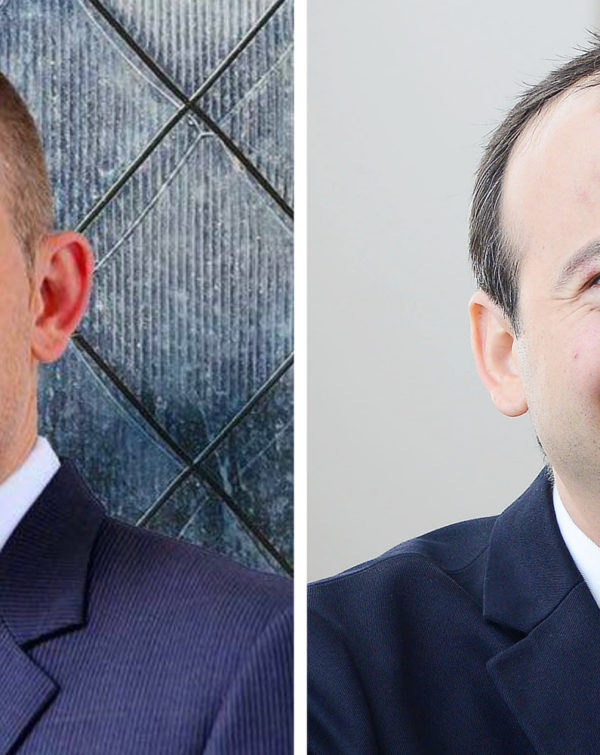
Erma Ranieri FIPAA, South Australia’s Commissioner for Public Sector Employment and IPAA SA President, joined IPAA ACT in the latest episode of their ‘Work with Purpose: A National Perspective’ podcast. In this interview Dr Gordon de Brouwer PSM FIPAA, IPAA National President, discussed the COVID-19 pandemic in South Australia.
“The clear message at the end of the day was that you keep talking to people”.
As highlighted by Commissioner Ranieri, while the pandemic presented a series of challenges it also showcased the real capability of the South Australian public sector.
“The innovation and resilience of the public sector were on display during this time, as they worked to support and collaborate with SA Health, SAPOL and other agencies to mobilise the sector to meet the unique needs of the pandemic. As the Mobilisation Coordinator, Commissioner Ranieri noted that this played a key role in the agile response to the pandemic.
“We have connected more than we have ever connected before”.
“COVID has shown what is possible within the public service”.
COVID-19 has also brought about a change to the existing paradigm for leadership and performance management in the workforce. The Commissioner is encouraged to see great outcomes in flexible work arrangements which are “reshaping the workforce to be more adaptable and diverse”. Commissioner Ranieri’s office and IPAA SA will continue to focus on fostering the skills and capabilities leaders need to adapt to this rapid shift in the workplace.
The Commissioner also highlighted the importance of awareness of mental health and wellbeing and the materials available to help leaders and employees to manage the COVID-19 pandemic:
The Office of the Commissioner for Public Sector Employment continues to work with agencies to implement a peer support program and develop an online training program for new peer support officers to build on the existing skills of employees trained in mental health first aid.
The COVID-19 Mental Wellbeing Interview Series, also offers valuable new resources for those working in the public service, with advice and tips from experts in the field
– COVID-19 Mental Wellbeing Interview Series with Forensic Psychologist, Luke Broomhall
– COVID-19 Mental Wellbeing Interview Series with Chief Psychiatrist, SA Health, Dr John Brayley
– Virtual on the Couch with Commissioner Erma Ranieri
– All Virtual on the Couch interviews
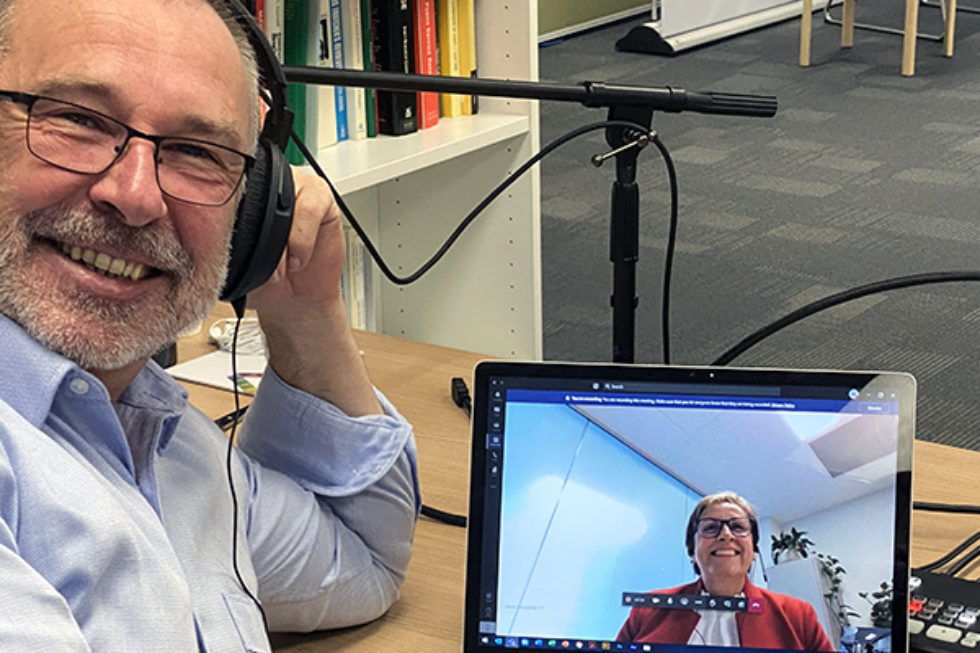
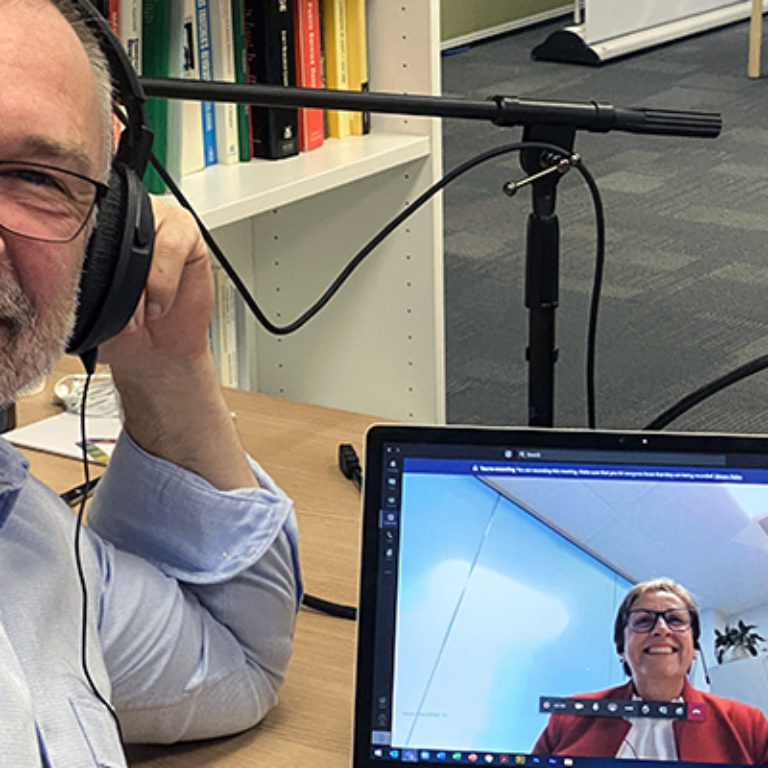
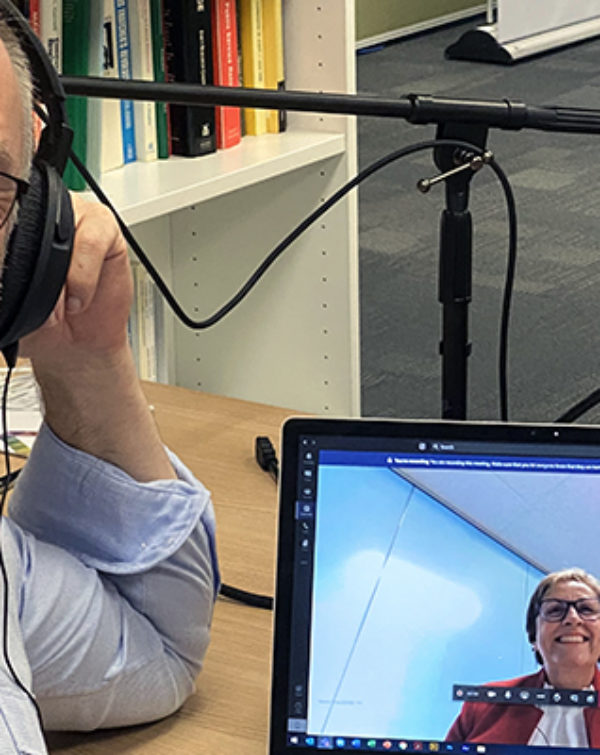
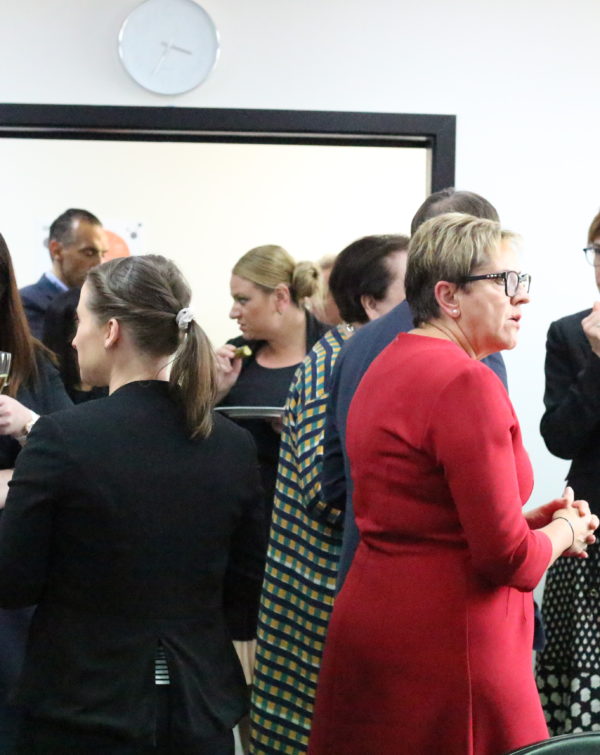
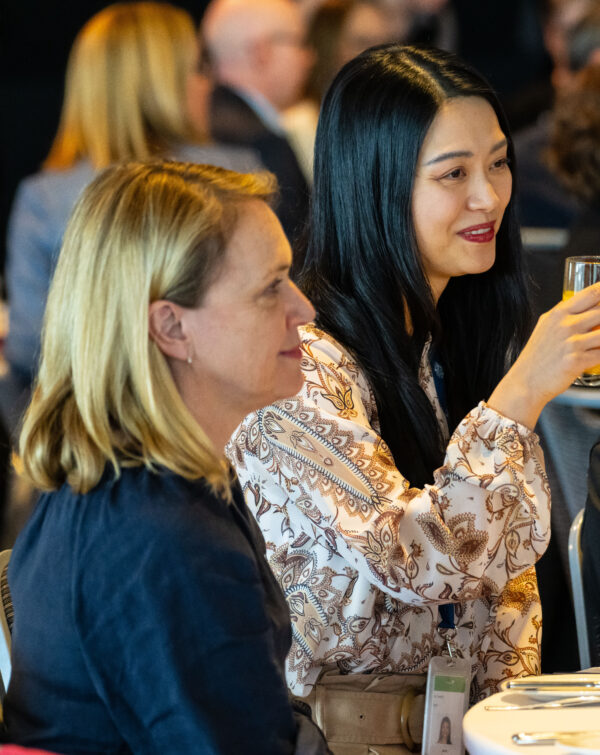
The IPAA SA Annual General Meeting is a great opportunity to get to know your Divisional Council Members and have insightful discussions that will impact the future of your association.
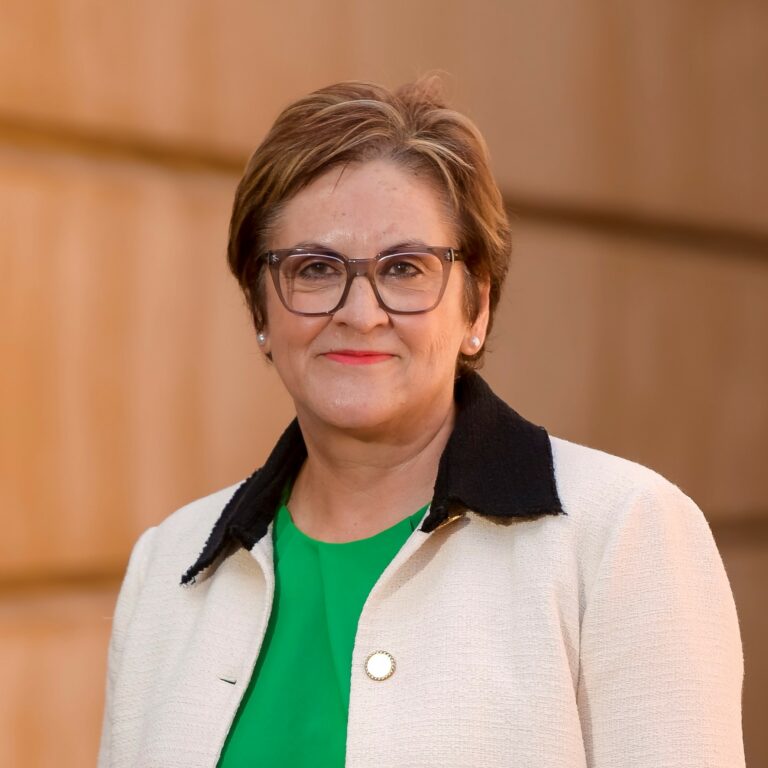
IPAA SA President
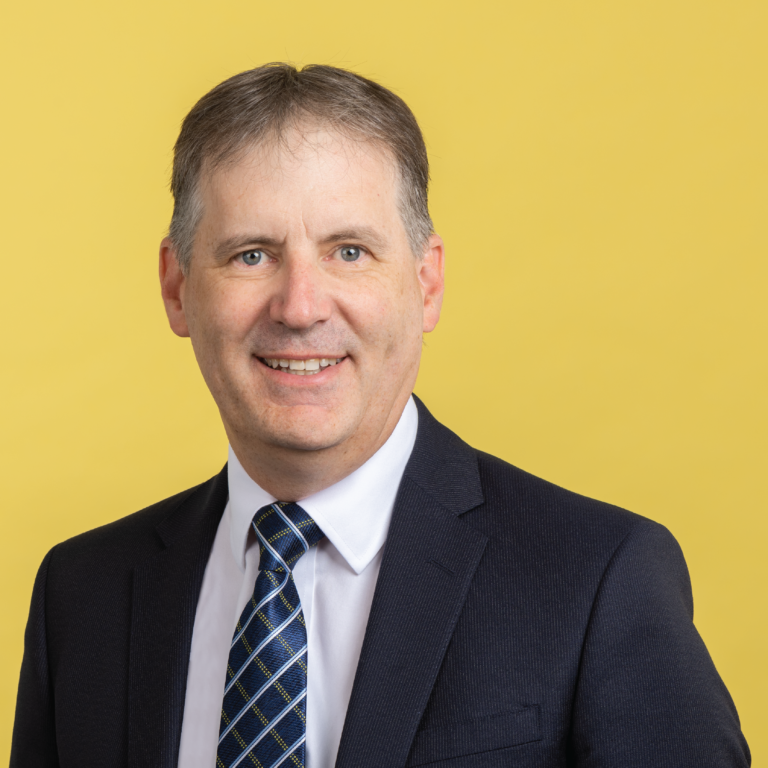
IPAA SA Vice President
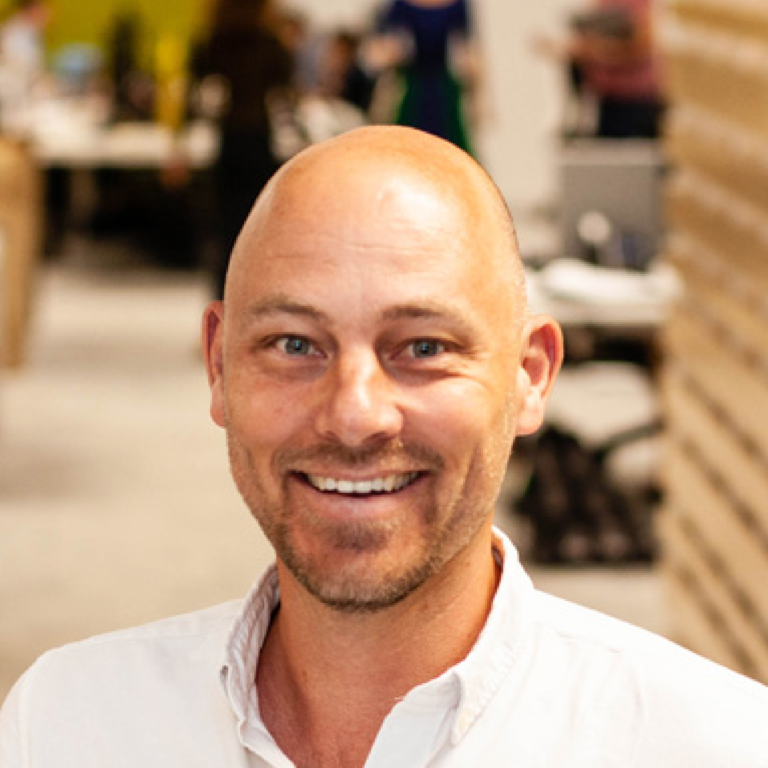
IPAA SA Secretary
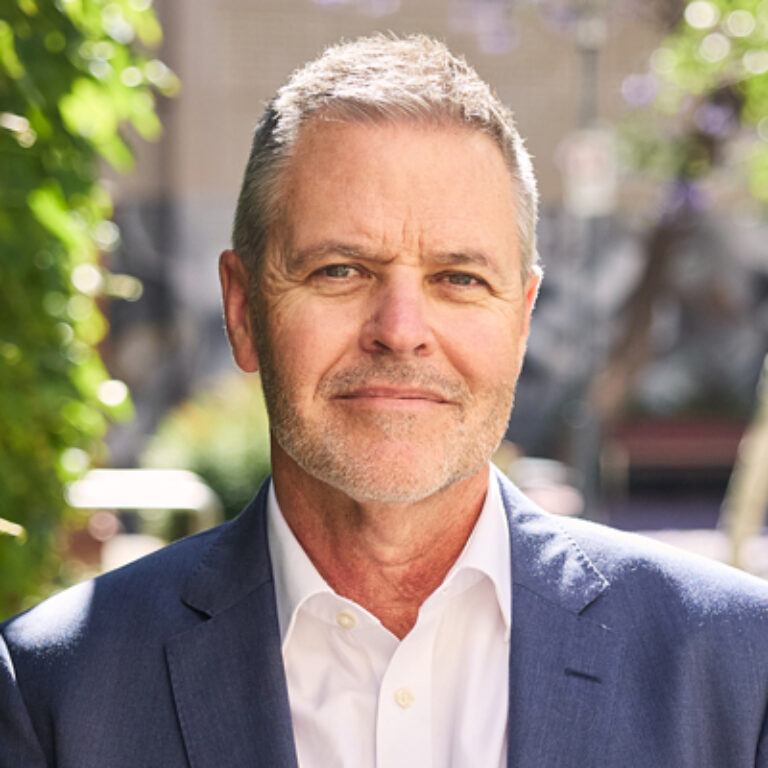
IPAA SA President

IPAA SA Councillor

IPAA SA Treasurer

IPAA SA Councillor

IPAA SA Councillor
Sandy is an experienced public-sector leader, having led government agencies in both Victoria and South Australia.
Sandy was the inaugural Secretary of the Department of Families, Fairness and Housing in Victoria, an agency that supported six Ministers and spanned human services, child protection, family violence, housing and communities’ policy and service delivery.
Throughout the height of the pandemic in 2020 Sandy led the Victoria COVID-19 response that returned the state to COVID-19 zero.
Sandy’s initial role in Victoria was leading higher education, skills and training.
Prior to working for the Victorian government, Sandy was the Chief Executive of the South Australian Department of Environment, Water and Natural Resources, where she focussed on a vibrant nature-based tourism strategy for South Australia, connecting people to parks and delivering on the state’s ambitious Climate Change agenda.
And prior to that, Sandy was Deputy Chief Executive of the South Australian Department of Premier and Cabinet for five years.
She has also served as the Director of the South Australian Office for Women.
In 2012 Sandy was awarded the South Australian Telstra Business Woman of the year for the Community and Public sector category, and went on to win the national title in November 2012.
Sandy has worked in London, primarily as the head of Corporate and Parliamentary Affairs in the UK’s Commission for Racial Equality, and has previously worked in Commonwealth public sector roles in Canberra and Sydney.
Educated at the University of Adelaide, Sandy has degrees in law and the humanities.
She was raised in Mannum, has two children, a dog and a puppy to keep her on her toes.
In August 2022, Sandy returned to the South Australian Government as Deputy Under Treasurer, after working for several years in the Victorian public sector. She is currently the Chief Executive of the Department of Human Services.
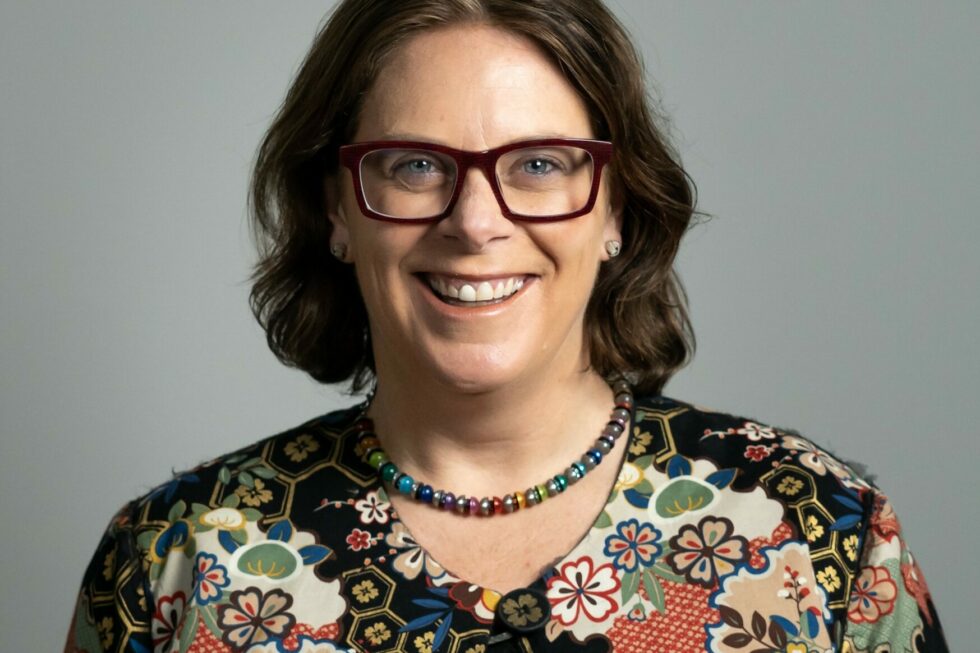


Workforce Strategist, Specialising in the Medical Practitioner Workforce
Department for Health and Wellbeing
Katherine is a high-achieving postgraduate qualified HR Management professional with significant experience across a range of industries in the not-for-profit, private and public sector.
Her current workforce interests include: implementation science, attraction and retention, diversity and inclusion, and workplace wellbeing.
In 2016, Katherine was awarded a part scholarship from the Office for Women to complete the Australian Institute of Company Directors (AICD) Foundations of Directorship program and she was also elected to the Institute of Public Administration Australia (IPAA) SA Divisional Council.
In 2017, Katherine became the Divisional Council representative of the IPAA Strategic Advisory Committee and the following year she was re-elected to the IPAA Divisional Council and became the Company Secretary of the IPAA Executive Governance Committee.
From 2014-2018, she also worked in a voluntary capacity as a Jobs4Youth SA Ambassador & Mentor with the Office for the Public Sector to provide group mentoring to graduates.
Katherine is currently a mentor in the Business Career Mentor Program (BCMP) with the University of South Australia as well as the Peers Offering Peers Support (POPS) Program with the Department for Health and Wellbeing.
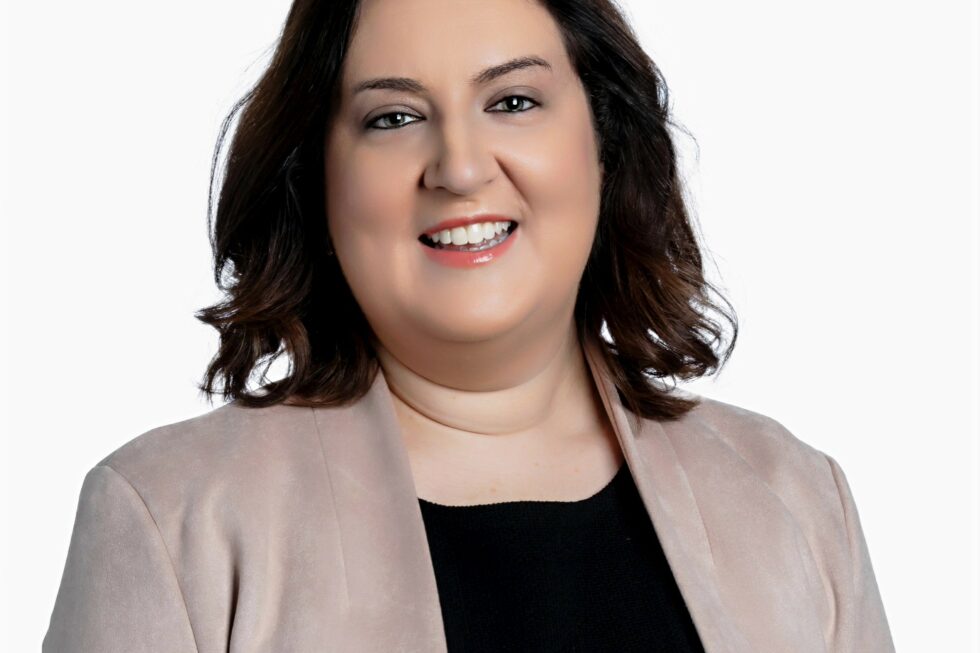


Business Services Manager
South Australian Public Transport Authority
Department for Infrastructure and Transport
Natasha holds a double degree in Bachelor of Commerce (Corporate Finance and Marketing), as well as qualifications in Diploma of Government, Diploma of Project Management and a Diploma of Leadership and Management.
Currently a Business Services Manager at Department for Infrastructure and Transport, Natasha is a driven professional with extensive experience working in various public sector agencies in strategic planning and leadership, change management, business operation management in areas of finance, human resources, risk management, contracting and project management.
Throughout her public sector career journey, Natasha has provided strategic leadership, delivered high level programs by leading projects and policy reform of critical importance which have had state-wide impacts. Diversifying her knowledge and experience, maximising her potential, through initiative, growth and innovation, Natasha continuously strives to deliver exceptional service and improvements.
Natasha is a proud White Ribbon Australia Community Partner proactively engaging in community initiatives to end all forms of violence against women. Delivering prevention through an evidence-based framework, Natasha delivers education and awareness to communities nationally striving for a society where all women and children are safe.
Natasha has a strong commitment to serving the people of South Australia by contributing to the achievement of public sector’s strategic vision with a leadership style founded by strong values of integrity, respect, compassion and service excellence.
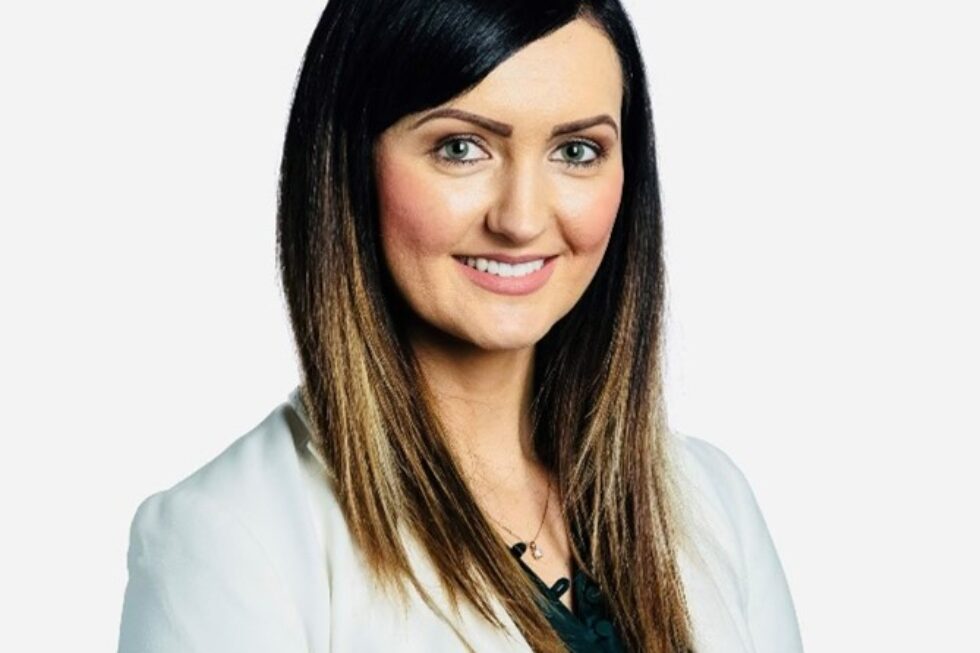

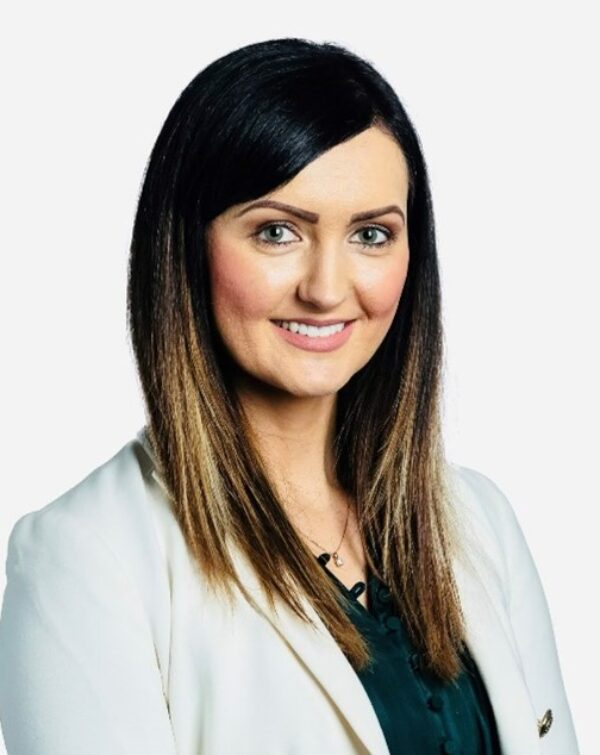
Chief Human Resources Officer
Department for Child Protection
Billie-Jo is the Chief Human Resources Officer at the Department for Child Protection, having joined the agency in August 2022.
As an outcomes-focused executive and board director with a track record in complex leadership and organisational transformation, Billie-Jo has held board and executive leadership roles in NSW and the NT, returning to her home state of South Australia through the COVID-19 pandemic.
Drawing upon almost 20 years of experience across the value chain of HR and business operations, she carefully connects strategy with execution – translating challenging mandates into actionable strategies and initiatives that deliver targeted stakeholder outcomes, often in sensitive and/or legacy landscapes, where a future culture of achievement is needed.
Billie-Jo is a keen supporter of the NGO sector, having served on four not-for-profit boards, including two as Chairperson. She hold tertiary qualifications in management, HR, communications and project management.
Billie-Jo is a graduate of the Australian Institute of Company Directors (GAICD), a Fellow of the Australian Human Resources Institute and a Chartered Manager and Fellow of the Institute of Managers and Leaders.
